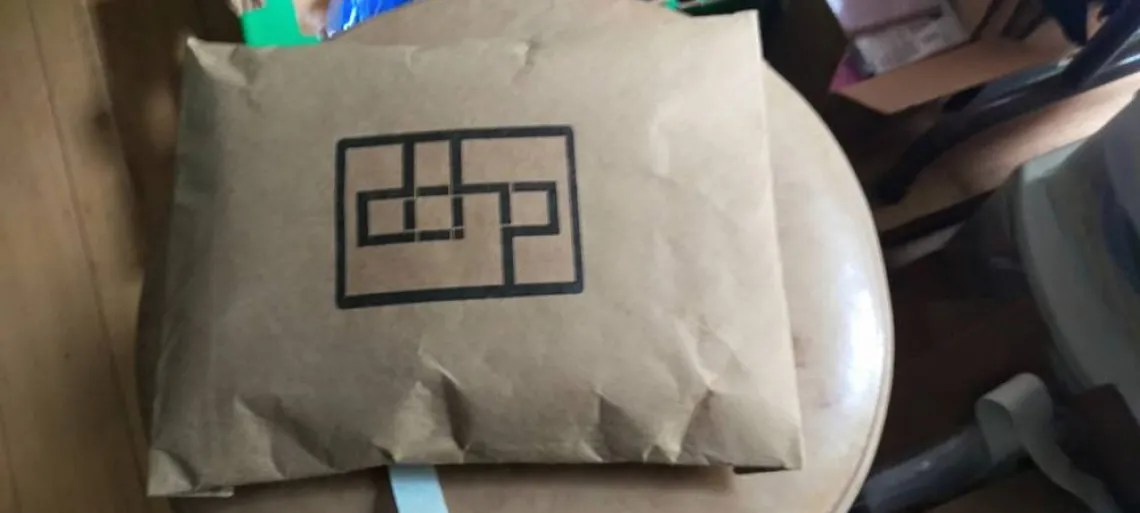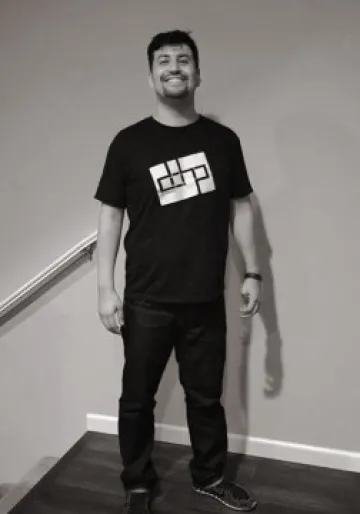Rooted in Entrepreneurship: David Galindo '06 BSBA (Marketing and Entrepreneurship)
David Galindo '06 (Marketing and Entrepreneurship).

As a high school student in the Bay Area, David Galindo and a friend came up with an idea to start a clothing line. Life took him on a series of detours, but the idea stayed in the back of his mind.
“I filled out an application to the UA on a whim,” he said. “I knew about its sports reputation, and when I did my research, found out that Eller is a good business school. I attended a meet and greet in San Francisco, and it fit and just felt right.”
Galindo played water polo and started in finance, but ultimately switched to marketing. “I am grateful for the wide range of classes you can take,” he said. “Being an entrepreneur, you have to want to learn for the sake of learning, and look at things from a holistic perspective.”

David Galindo '06 BSBA (Marketing and Entrepreneurship).
Then, while participating in the Semester at Sea program, Galindo was in a serious car accident in Cuba. “I had to take some time off,” he said. When he was ready to step back into classes, he found that he had an extra semester before he could begin his upper division coursework at Eller. He decided to double major in marketing and Spanish literature. He’d applied but hadn’t been accepted to the entrepreneurship program, but Joanne Rockwell, one of the program’s mentors-in-residence, encouraged him to try again.
“I was already in my fifth year,” he said, “so I decided to stay on.” During the entrepreneurship program, he and his team conceived an idea for a hip hop file sharing site. Galindo was determined to launch Digitrunk, and returned to the Bay Area and took a part time job while he worked on the venture. “I needed startup investment, but I was finding that investors wanted us to have a large number of subscribers before they would make a commitment.”
He decided to take a second job so he could self-finance and ended up teaching high school Spanish. “I found myself using all of my business skills, from pitching myself in the interview to my presentation skills in class. And the entrepreneur in me was happy to be around the demographic for my venture.”
He continued to teach and earned his master’s degree in curriculum design. Galindo formed the Green Entrepreneur Club, which met every week to discuss sustainable yet profitable companies. He’d also purchased the domain name for one of his concepts – Decorate Our Home Planet, or DOHP – and told himself that if he didn’t get the venture off the ground in ten years, it wasn’t going to happen. Teaching took up a lot of his time. Then, one day, “I got an expiration notice on the DOHP domain.”
It galvanized him. He’d been saving money and had enough to get started. He filed a business license, got a seller’s permit, and started making shirts under the name Digitally Organic Hybrid Products. The business was slow to start. In 2012, he met a plastic bottle knitted fabric producer at the San Francisco Green Festival, and in 2013, connected with a biodegradable package manufacturer at the Consumer Electronics Show. Things began to take on a new shape. “I re-launched DOHP in ’14,” he said. “All our products are made in the U.S. and we have an eco-friendly supply chain.” Still, something was missing. “Then I came up with the concept of three trees planted for every garment sold.” It was easier said than done, but Galindo dug into his research and finally partnered with two nonprofits that could help him with that side of the business.
In the meantime, he’s begun to build a following as a hip hop streetwear brand. “We have a big presence at skateboard competitions,” he said. And he’s looking to expand. “The margins aren’t good on t-shirts, since producing them like we do is expensive. So we are getting ready to manufacture our first line of jeans out of plastic bottles and recycled denim.”
It’s been a long path, but the concept is finally taking root – literally. “All of our clothing is produced, sourced, and made in the USA,” he said. “I also just recently applied and received my California garment manufacturer's license so that our company can manufacture our jeans here locally in San Francisco. People deserve a better apparel line that also contributes to the common good.”
Top photo courtesy DOHP.

